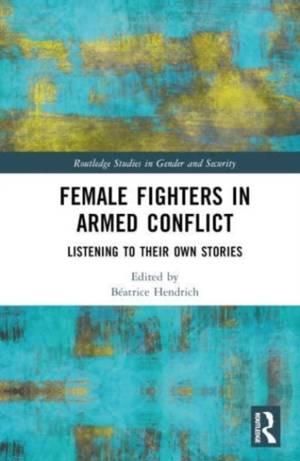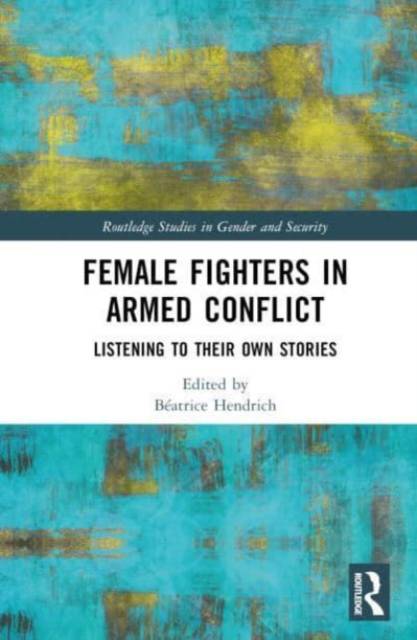
- Retrait gratuit dans votre magasin Club
- 7.000.000 titres dans notre catalogue
- Payer en toute sécurité
- Toujours un magasin près de chez vous
- Retrait gratuit dans votre magasin Club
- 7.000.0000 titres dans notre catalogue
- Payer en toute sécurité
- Toujours un magasin près de chez vous
Female Fighters in Armed Conflict
Listening to Their Own Stories
Description
This book explores the why and the how of women's participation in armed struggle, and challenges preconceived assertions about women and violence, providing both a historic and a contemporary focus.
The volume is about women who have participated in armed conflict as members of an armed group, trained in military action, with different tasks within the conflict. The chapters endeavor to make women's own voices heard, to discover the untold stories of women as perpetrators and facilitators of military violence, and the authors do this through the use of personal interviews and the study of primary documents. The work widens the geographical perspective of feminist security studies to discover in what ways the historical, political, and social context has motivated the women to participate in military action, and presents new case study data from Germany, Ukraine, Turkey, Israel, Palestine, Cameroon, India, the Philippines, Vietnam and Latin America. Temporally, the chapters cover almost two centuries, from the late 19th century to the present day, touching upon a wide variety of examples of armed conflict, from wars of independence to the Second World War. Bringing together approaches from politics, history, anthropology and area studies, the chapters are informed by the fundamental insights of feminist research and address such pivotal questions as hegemonic masculinity in the armed forces and the relation between women's armed violence and female agency.
This book will be of much interest to students and researchers in gender and security studies, armed conflict and history.
Spécifications
Parties prenantes
- Editeur:
Contenu
- Nombre de pages :
- 242
- Langue:
- Anglais
- Collection :
Caractéristiques
- EAN:
- 9781032353173
- Date de parution :
- 22-08-23
- Format:
- Livre relié
- Format numérique:
- Genaaid
- Dimensions :
- 156 mm x 234 mm
- Poids :
- 530 g

Les avis
Nous publions uniquement les avis qui respectent les conditions requises. Consultez nos conditions pour les avis.





